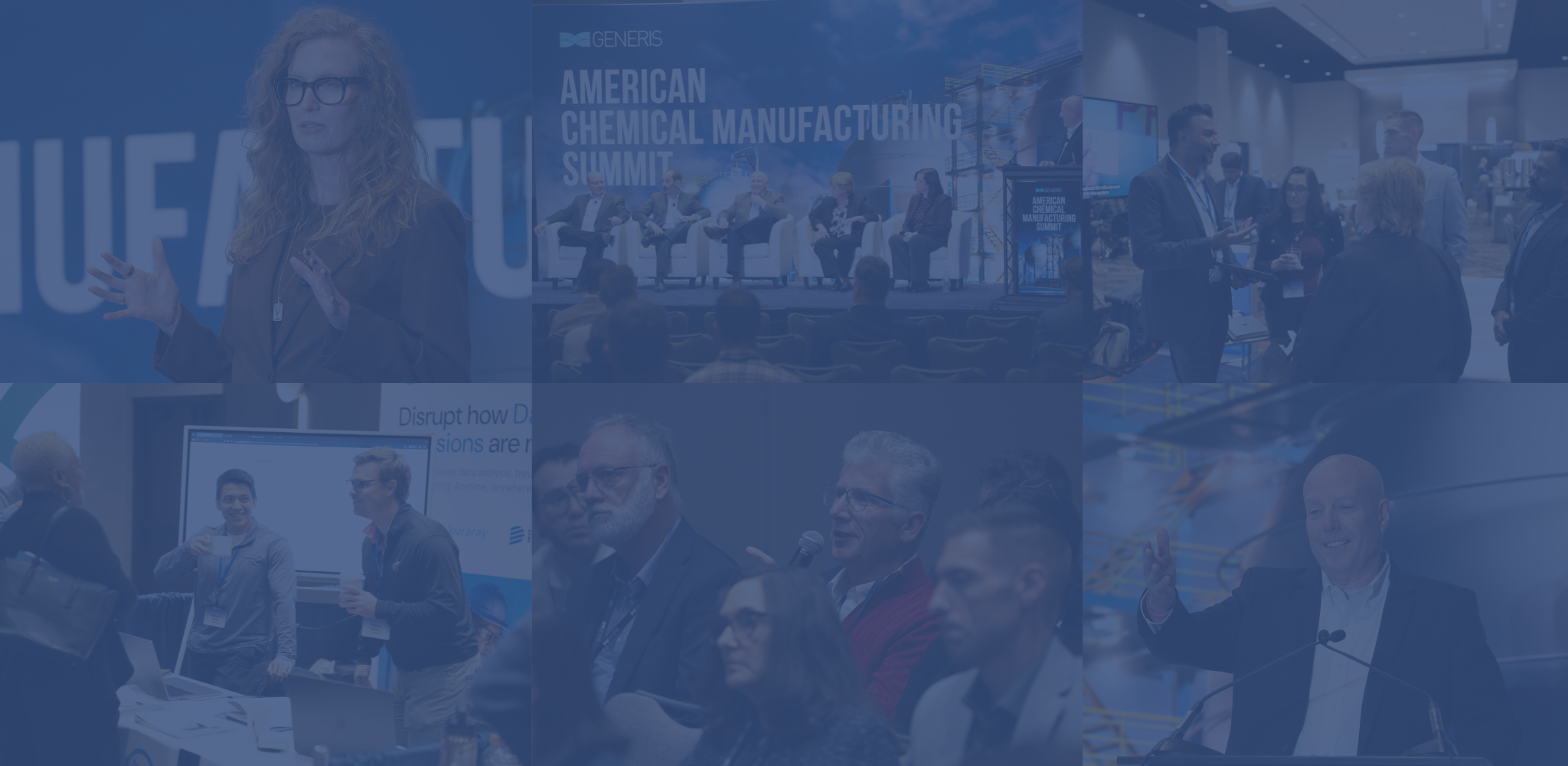At the 2016 American Manufacturing Summit, Byron Greene, former VP Manufacturing at FCA (now VP Manufacturing at Whirlpool), told us: “Over the last 20 years at Chrysler, we’ve had at least four versions of the Toyota Production System. Each started with fanfare, great enthusiasm, and intent, and they failed. The focus was on the tools, the technical side, without understanding the essence of the method as a whole.” He says that where many organizations go wrong is that they emphasize the technical aspects of TPS, “which totally misses the cultural change that is necessary to make it work over time.” To really implement lean properly, and bring about cultural change, you need to first understand the culture, then go slow, and build trust. Learn from our thought leaders about how they have done this in their organizations.
Understand the Culture
Michele Calbi, former VP Lean Transformation at Navistar, agrees that lean transformation should focus on cultural change. She says, “to lead people along the path to continuous improvement, you can’t rush them, and you need to have a case for change. That is immensely powerful.” She stresses that before you try to implement a lean initiative, you need to understand your current culture. You can not change something if you don’t know where you’re at, just like “you can’t figure out where you’re going if you don’t know where you’re located.” But to understand the culture takes time — you need to relate to your people, speak their language, and understand what metrics are important to them.
Go Slow
Cultural change can be a slow process, which Calbi acknowledges is often frustrating to high-level executives who want things to go fast, but “the trouble is,” she says, “if you go too fast, you’ve left everyone behind and you have to go back. Implementing lean needs to be a slow process.” Part of this process is in training and building trust. Calbi recommends you incorporate several types of training to accommodate the different methods by which people learn and explain “the why” using the metrics that matter to them. Mark Gooch, GVP Operations & Lean Enterprise at Pentair, says you have to explain the WHY over and over and keep the message of continuous improvement simple: “Everyone Everyday Getting Better and Better” is the slogan they use at Pentair.
Build Trust
Greene says FCA has had a lot of success with fostering cultural change through the World Class Manufacturing methodology, which has brought about a fundamental shift in how FCA uses people and develops their talents. It builds trust throughout the organization, he says, as “members of our teams understand that they have a vital role to play in our operations; it requires what we call a psychological contract between management and hourly workers; managers must trust and respect workers, and believe that they have the best workforce. Workers must trust that managers are leading them in the right direction.”
For more insights from our industry experts on how to best implement lean, and engage your workforce, join us at the upcoming American Manufacturing Summit! VIEW THE PROGRAM
%20(1).png?width=773&height=112&name=Generis%20Logo%20full%20Colour%20(Large)%20(1).png)

.png)
-2.png)
